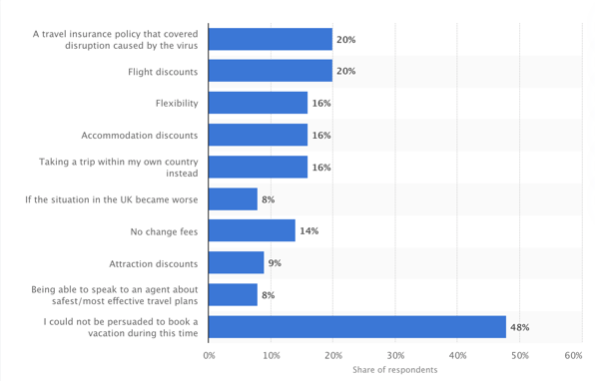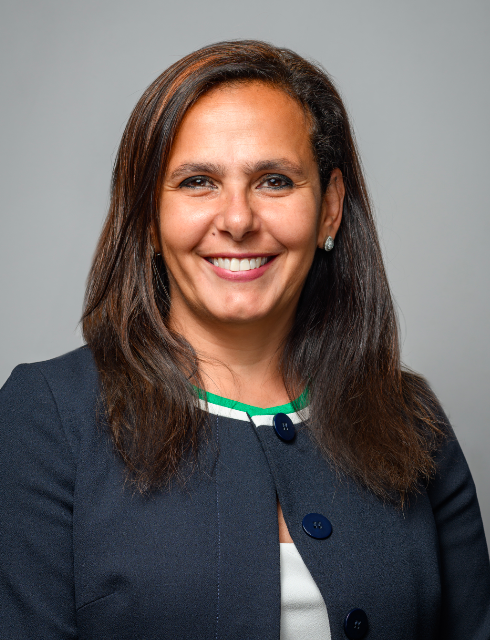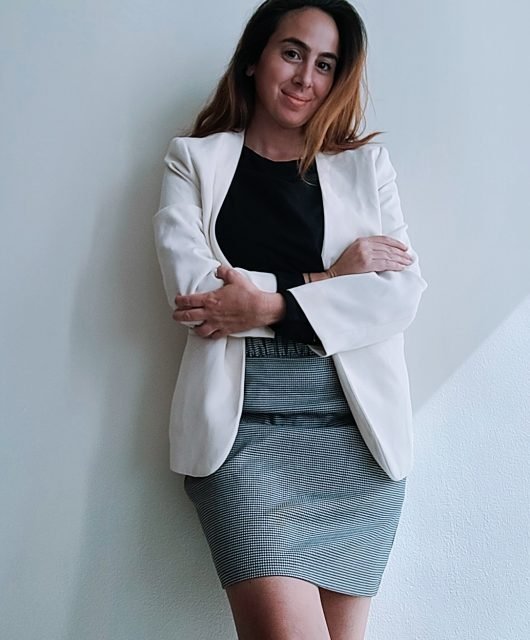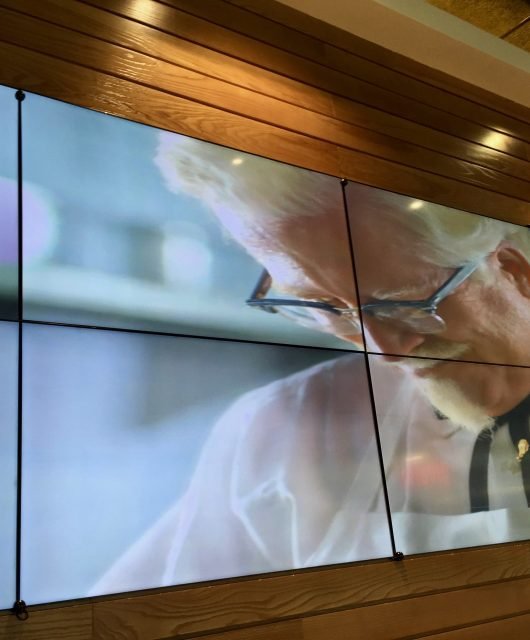Travel Advertising During And After During COVID-19: “Should I Stay, Or Should I Go?”
By Chrisa Chatzisavva, Paid Social Business Director at Mindshare UK
Without a doubt, the travel industry is one of the many that were hit the most by the global coronavirus pandemic. Not only international travel restrictions have put a pause on most flights between boarders, but millions of travellers around the world have changed their even long-term travel plans and decided to cancel their bookings.

In a recent survey carried out by Statista, when asked what could persuade you to book a vacation during the coronavirus outbreak, the vast majority left little room for alternative thinking, and have said nothing could persuade them to take a holiday break.

That is of no surprise as the World Health Organisation has advised against any travel, including domestic and international, in an effort to help slow down the spread of the disease.
As expected, the travel industry has reacted with a pause of most, if not all, of their marketing including offers or organic activities. A recent survey from MMGY Travel Intelligence and Destinations found that 80% of travel companies in NA America that were part of the survey, have halted any sales or marketing efforts. Airbnb recently announced a pause on all marketing, saving $800m this year. Ryanair chief Michael O’Leary also stated that travel offers and ‘seat sales’ during the crisis are ‘irresponsible’.
When it comes to what they are occurring savings on, 83% of travel and hospitality marketers have taken down their creative budgets, 85% have postponed budget commitments in media and 77% have postponed any new service or product launches.
One would think the move seems fairly reasonable considering the uncertainty of when ‘things will go back to normal’ or what that new normal will look like. Will the demand be of the equivalent scale, if any?
Whilst some companies have decided to go silent, others are focusing on boosting their communication and PR efforts. Emirates have not stopped their social media activities, nor have they remained inactive from a communications perspective; a less competitive environment, is oddly enough an opportunity for longer-term brand equity. Smaller businesses like Fat Taxi, that offers airport transportation in Turkey, have halted their operations and decided to re-invest their time and resources on communicating about how they are disinfecting their cars or providing useful tips on how to stay active during the lockdown.
But why is this relevant to the travel audience?
Though people cannot travel, nothing can stop them from dreaming about travelling. Pinterest holiday throwbacks and destination searches have doubled during April, which means people are still receptive to travel related content one way or another. Not because they hope they will be able to travel, but simply because they miss it. And that receptiveness is both a result of deprivation but possibly so less messaging overload by brands.
To the question of whether travel and hospitality brands should invest in advertising during the COVID-19 pandemic, there is no straight answer unfortunately. What is certain is that this pandemic will end one day, and when it does, demand will be back on, even if somewhat different. Brands who decide to maintain their communication activities throughout the entire lockdown period in a consistent way, are the most likely to stay on top of consumers’ mind post-covid-19. On the other hand, communication needs to be respectful to the situation, in order to avoid looking opportunistic as it can have a knock-on effect on a brand’s reputation.
When it comes to paid advertising, low-key, below-the-line advertising is probably more appropriate than large scale activations, focusing on responding on a certain demand or audience behaviour pattern, rather than risking becoming irrelevant.





